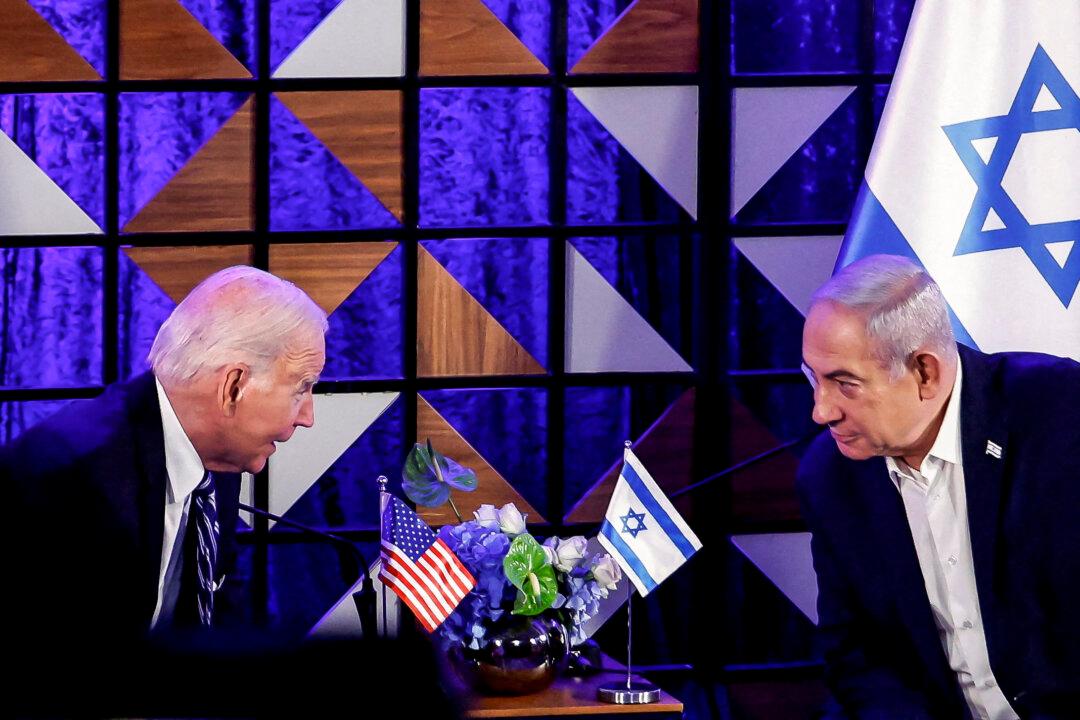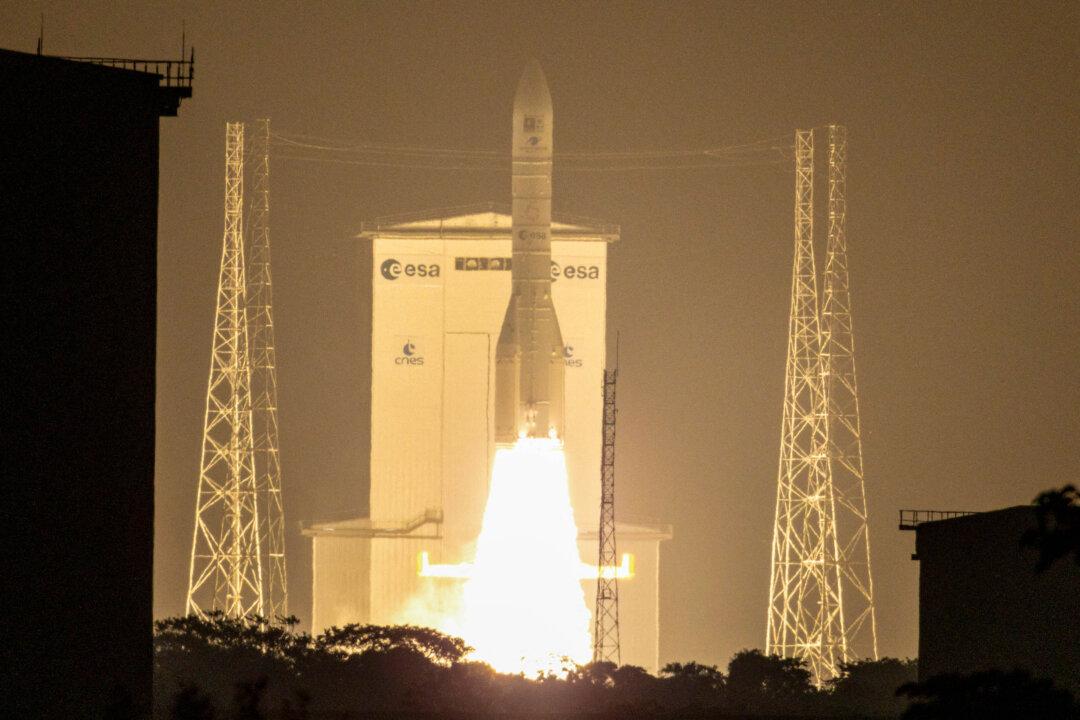President Joe Biden told Israel’s Prime Minister Benjamin Netanyahu in a call on April 4 that the humanitarian situation in Gaza is “unacceptable,” saying that Israel needed to take action to address civilian harm or face a change in U.S. policy.
It was the first time the two leaders had spoken since an airstrike killed seven members of a U.S.-based non-governmental organization, World Central Kitchen, in Gaza on April 1, including one dual citizen of the U.S. and Canada.





